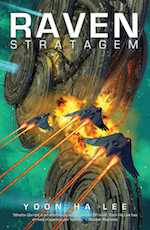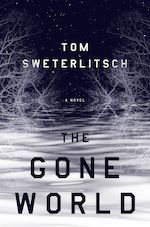 Jade City by Fonda Lee
Jade City by Fonda LeeMy rating: 5 of 5 stars
The air-conditioned section of the cafeteria at my workplace (called the “Executive Lounge”, even though it is neither a lounge nor used exclusively by executives) has a wall-mounted flatscreen television with cable access. It sees a lot of use, especially during important sports events (such as the NBA finals or important college basketball matches) and the Miss Universe pageants. Sometimes it’ll even be switched to a channel that broadcasts foreign movies dubbed in Filipino. The quality of the dubs tend to vary, so sometimes it’s a passable dub job, but other times the voice acting is so stilted that it just sounds weird to listen to.
But there was one time when the TV was showing a movie, but not a foreign film dubbed in Filipino. Instead, it was tuned to a channel that aired old, local films - in that instance, an action movie from the 1990s, starring a person whom I had almost completely forgotten about: Cynthia Luster, the Philippine stage name for Japanese actress and martial artist Yukari Oshima. She starred in many of the Hong Kong gangster-style action movies that, some cinephiles say, is the greatest legacy that Hong Kong cinema has given to the world. Unsurprisingly, such films were also popular in the Philippines, and as a result the local film industry produced copycat films using the same kinds of plots but with a few tweaks here and there to account for Filipino culture. Oshima was invited to perform in a handful of such films, which is why she looms large in the pop culture memory of Filipinos who grew up in the 1990s.
( Read more... )




















